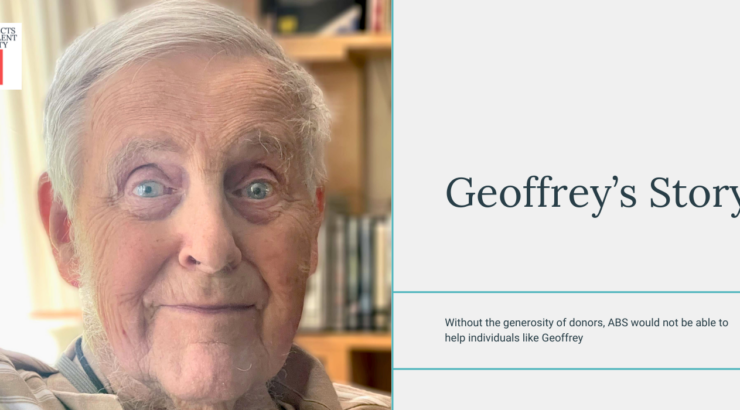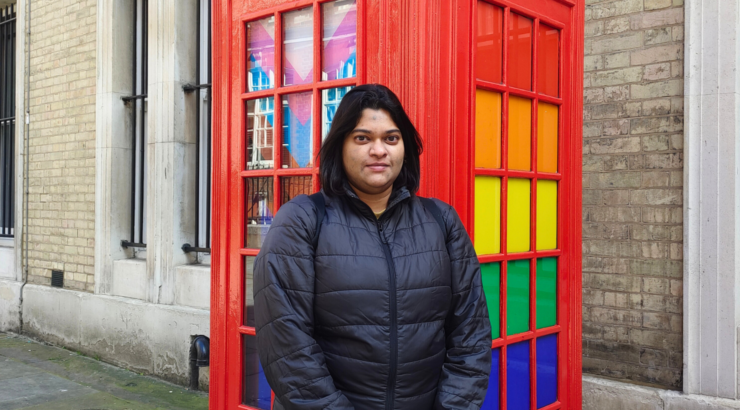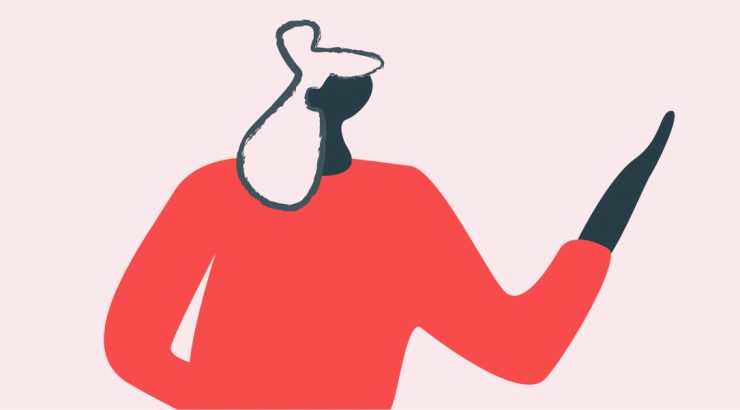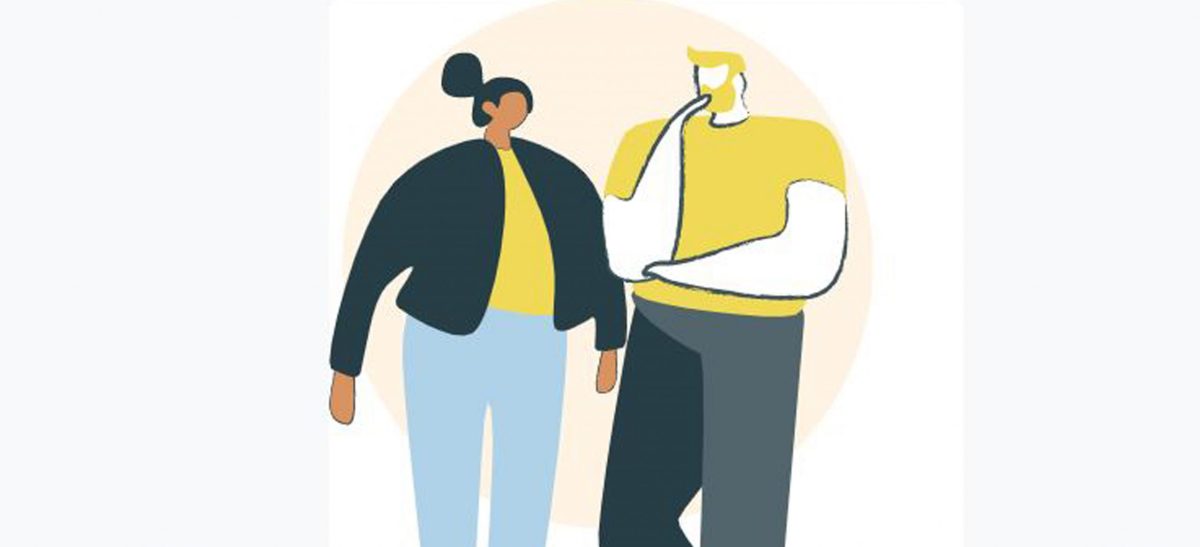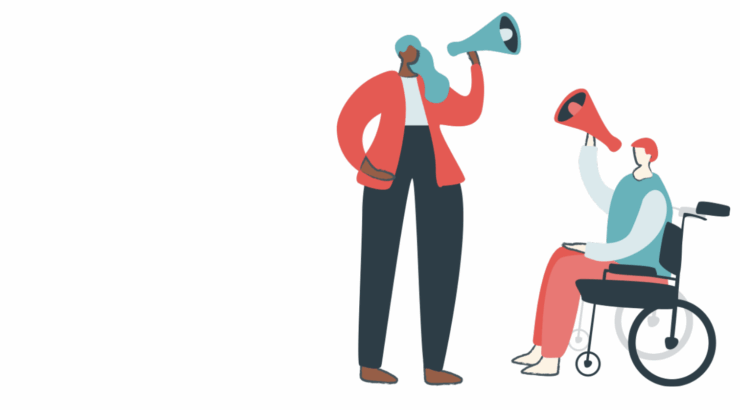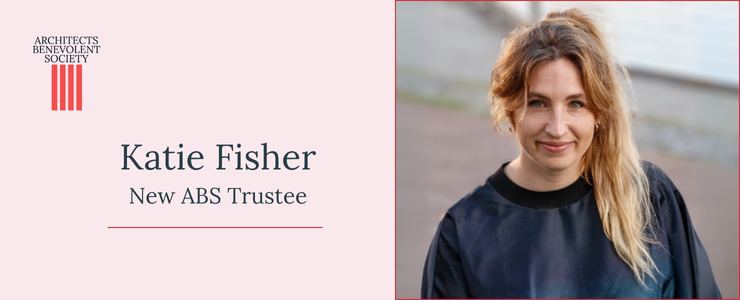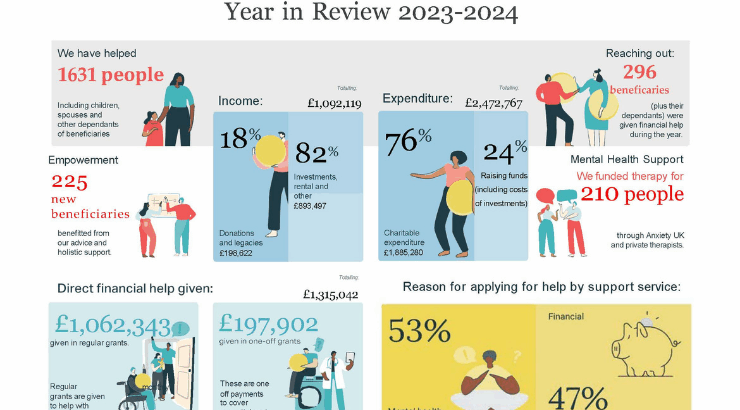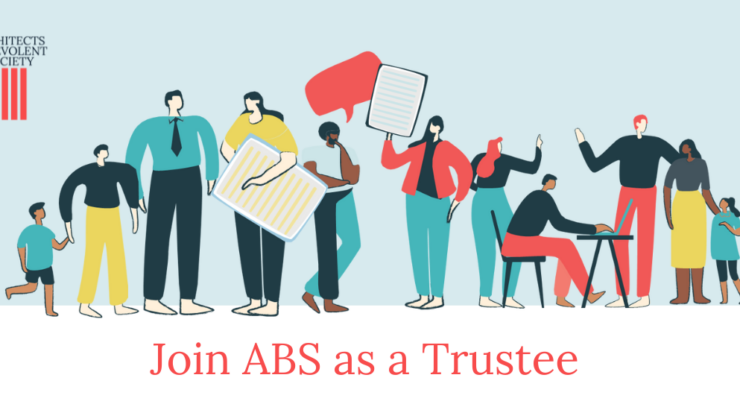It is common to perform multiple roles in daily life, in work, study, maintaining relationships, personal interests and development and caring for oneself and others. Inevitably there are times that these roles require greater or lesser input, but it is vital for wellbeing that one commitment does not consume all of our energy.
My experience of early career and study has been that although the desire to meet expectations and progress professionally is strong, I am happiest when I make time to regularly do things I enjoy and keep abreast of my roles outside of work. When I concentrate too much on one thing, I can become exhausted and unable to continue which is an unpleasant and frustrating situation. Balancing my routine was initially difficult because I was used to working as much as possible and felt apprehensive about deliberately spending less time studying or working but with practice, I gained the skill of being able to notice when my energy levels are low: for me, the key signs are that I am able to think as clearly as I usually do, I feel uncomfortable in my body and start to struggle to concentrate.
At these times I allow myself to rest and replenish my energy, knowing that pushing on would cause exhaustion that might take longer to recover from, and the quality of my work would be reduced in any case. In the past, repeatedly working past this exhaustion barrier caused cumulative exhaustion which harmed my mental and physical health and meant I needed to take time off work. I was surprised to notice that since practicing this skill, I am more productive and successful in my studies and have actually been able to take on additional work because my general level of health and energy has improved. I feel less stressed and more creative; I have more ideas and the energy to do something about them!
This practice has required me to develop a greater level of awareness about what is most draining and what is most replenishing for me personally. Where I have identified a particular activity that uses a lot of energy, I am able to make sure that it is allocated an appropriate amount of time in my schedule, this could be as simple as leaving an hour between finishing a therapy appointment and heading to the studio but it makes a huge difference to my wellbeing and productivity for the rest of the day. I have also been able to notice what is most reviving: for me, spending time outdoors, with animals and with my partner are powerful restorative activities and I build them into my weekly routine in some form even when deadlines are approaching. A key realisation for me has been that there is no hierarchy in the roles I perform: completing a piece of research is as important as repotting my houseplants because the balance between these aspects of my life maintains my health and happiness and neglecting one in favour of the other makes me unhappy. It is not always easy to stick to this philosophy but I make an effort to because I know that it works wonders.
Úna Haran
Illustration: Mindful desk, 2020.
